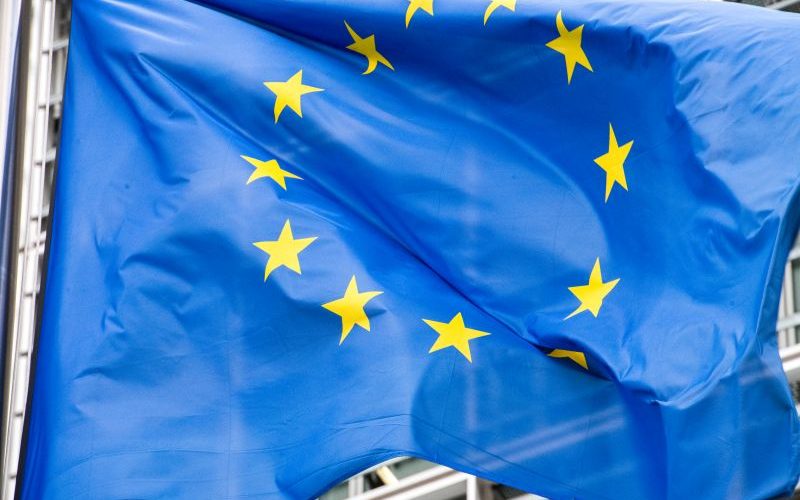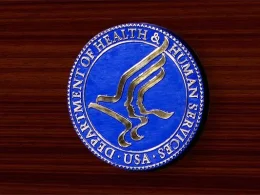The European Commission is taking legal action against France over its national waste-sorting labels, arguing they breach EU single market rules by hindering the free movement of goods.
In a statement issued last Thursday, the Commission announced it would refer France to the Court of Justice of the European Union (CJEU) after repeated warnings that its mandatory labelling system — featuring the “Triman” logo or “Info-tri” label — is incompatible with EU law.
Since 2022, French legislation has required manufacturers of products such as packaging, textiles, electronics and gardening tools to display these labels, which inform consumers on how to correctly dispose of various product components. However, Brussels contends that enforcing a country-specific labelling requirement before a harmonised EU-wide system is introduced constitutes a “disproportionate” measure and restricts trade within the internal market.
EU-wide packaging rules, adopted last year, mandate a uniform labelling system to support waste sorting by consumers, but this regulation is not due to take effect until August 2028.
In the meantime, the Commission argues that France’s unilateral approach imposes unnecessary burdens on businesses. “Over the years, [the Triman logo] has inflicted a disproportionate impact on European companies,” said Francesca Stevens, secretary general of packaging industry group Europen. “Businesses have had to bear extra costs of significant scale to comply with this unilateral label requirement.”
Industry stakeholders have long raised concerns about the patchwork of national waste labelling rules across the EU, which force companies to modify packaging for each market, driving up costs and undermining the single market.
Responding to the legal move, a spokesperson from the French environment ministry stated that France would align its rules with the EU’s upcoming packaging regulation by 2028, but insisted that the Triman logo would remain in use until then. “The dispute will cease with the implementation of the regulation,” the spokesperson said.
Brussels had issued formal notices to France in February 2023 and November 2024, urging the government to address the issue. The referral to the EU’s top court now marks the next step in a long-running disagreement between Paris and the Commission.
France is known for its more ambitious domestic environmental laws — a practice often referred to as “gold-plating” — which frequently go beyond EU minimum standards, occasionally putting it at odds with Brussels.





















